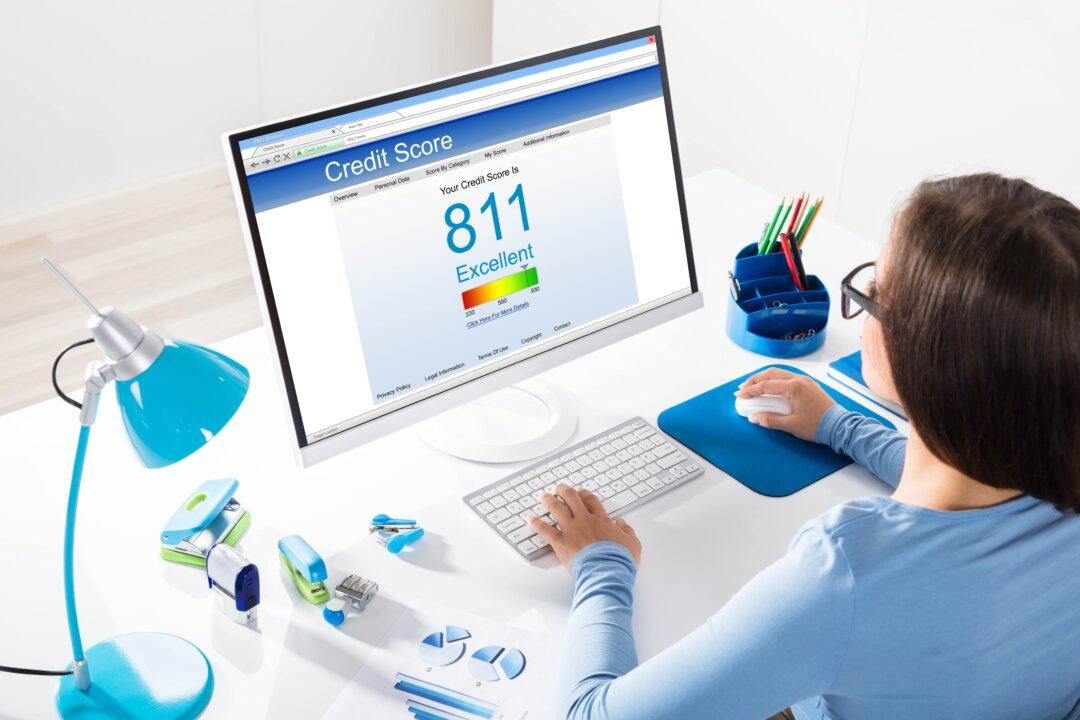In 1989, the Fair, Isaac, and Company (FICO) established FICO scores. It provided an industry standard for scoring creditworthiness. It was fair for both consumers and lenders. Before FICO, there were many different scores with various calculating methods, sometimes including gender or political affiliation.
Changes now are coming to the way FICO is calculated. You may notice some of these changes affecting your credit score. What are these changes? Could they negatively or positively influence your ability to obtain credit?






